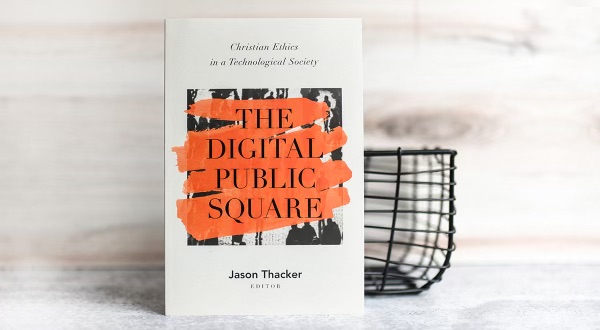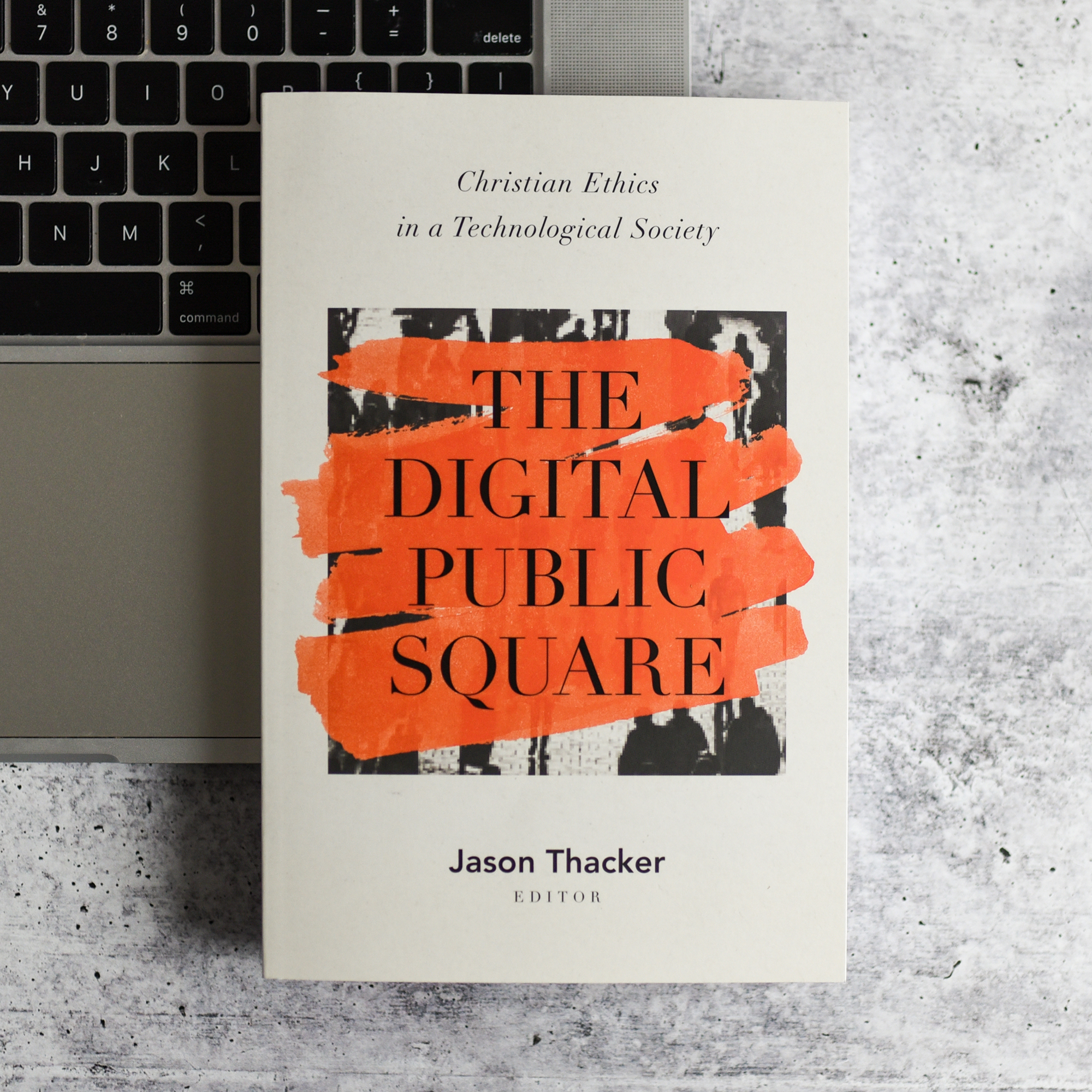We are frequently faced with the realities of misinformation, disinformation, fake news, and conspiracy theories. Social media has opened up a new world of connectivity and access to information. But for all of the good that these tools can bring into our lives, these benefits also have also come at a cost to the very foundation of truth in our societies today. Often when breaking news happens and many details are yet to be known, battle lines are drawn and talking points are promoted as many in our society jockey for influence, power, or control over others.
Propaganda and disinformation are not new phenomena but are exacerbated in a technologically driven society. These derivations of truth are not simply relegated to one voting bloc or even a particular political ideology. According to [Jacques] Ellul—one of the most prescient figures and astute observers of the cultural and moral shifts taking place in the 20th century with the rise of modern technology—they are pervasive throughout all of society and often outside of public awareness. But these concepts have taken on a particular relevance given the rise of social media platforms and the ease of sharing unverified information to the masses.
In the age of social media, a single individual without any real authority or standing in society can falsely claim something is fake news or share a conspiracy theory widely without any real recourse or accountability. What once was the exclusive domain of government and various institutions in society with access to technological tools—like that of the radio, press, and motion pictures—is now available to anyone with a smartphone and rhetorical savviness. This marked shift in the democratization of communication techniques paired with the breakdown of traditional gatekeepers in society helped to usher in a new era of post-truth.
The breakdown of truth
Historically, the breakdown of traditional forms of truth and morality began with the rise of empiricism during the Enlightenment and the perceived failures of traditional religious belief and medieval philosophy to bring about order and peace in an increasingly pluralistic society. 1See James Davison Hunter and Paul Nedelisky, Science and the Good: The Tragic Quest for the Foundations of Morality, Foundational Questions in Science (New Haven, CT: Yale University Press, 2018), xiii–xv. There was an intentional push toward the pursuit of technological and scientific innovation in nearly every area of life, which kicked off a surge of cultural, political, and social changes that society is still grappling with today. Throughout the Enlightenment, modern scientific pursuits began to take root as humanity sought to understand the biological and cultural underpinnings of our world and why things work the way they do. But an unfortunate stream of Enlightenment thinking was the rejection of religion and faith as a moral and epistemological foundation for a society.
Neil Postman argues that this drive toward empiricism and rationalism ultimately led to the subsequent rejection of many traditional control mechanisms of truth and a breakdown of trust in institutions like the church, government, and press. 2See Neil Postman, Technopoly: The Surrender of Culture to Technology (New York: Vintage Books, 1993), 71–91. Postman builds up the work of Beniger and his discussion of the various control mechanisms that helped to build our information society. 3See James Ralph Beniger, The Control Revolution: Technological and Economic Origins of the Information Society (Cambridge, MA: Harvard University Press, 1997). Society no longer had a shared understanding of truth unless it could be empirically verified through science. Not surprisingly, this development had a chilling and disorienting effect on many people trying to perceive the fullness of reality outside the physical world. One of the most tragic losses for civilization was the wholesale rejection by many of the prior foundations for morality and truth.
This shift to empiricism also brought about a new stream of thinkers who sought an empirical basis for morality in the “new moral science,” which James Davidson Hunter and Paul Nedelisky aptly show in their work Science and the Good. They conclude that this shift in our culture has in many ways led to an embracing of a nihilistic utilitarianism today because there is no real moral epistemological foundation for judging between what is right and wrong. 4See Hunter and Nedelisky, Science and the Good, 168. For more on how technology and nihilism can be intertwined, see Nolen Gertz, Nihilism and Technology (Lanham, MD: Rowman & Littlefield International, 2018).
The use of social media
As communications scholars Johan Farkas and Jannick Schou describe, echoing Postman, “the traditional gatekeepers of truth, such as editors, journalists, and public intellectuals, have lost their monopoly on public issues, and in this process, so-called malicious actors and misinformed citizens have started to spread their own lies, deception, hate, propaganda and fake information on a previously unseen scale” due in large part to the rise of the public’s use of social media. 5Johan Farkas and Jannick Schou, Post-Truth, Fake News and Democracy: Mapping the Politics of Falsehood, Routledge Studies in Global Information, Politics and Society 19 (New York: Routledge, 2019), 2. They go on to argue that “Truth and Reason have been superseded by alternative facts and individual gut feelings,” which in turn leads some to claim that the very fabric of democracy is rupturing. 6Farkas and Schou, 2.
Public theologian Russell Moore describes this post-truth understanding of individual gut feelings as the basis for truth as a “secular Azusa Street” revival, where personal feelings of morality and truth are prized as more influential than traditional sources. 7Personal correspondence with Dr. Russell Moore, public theologian at Christianity Today and former president of the Ethics and Religious Liberty Commission of the Southern Baptist Convention. Moore is referencing the famous Azusa Street Pentecostal revival that occurred in Los Angeles, California, between 1906 and 1915.
This rise of expressive individualism paired with the bifurcation of truth and morality gives way to a post-truth society, where gut feelings and personal desires override the sense of reality and truth in society. This phenomenon combined with the rise of disruptive technologies—such as television, the internet, social media—function as a perfect recipe for the current climate of dis/misinformation, conspiracy theories, and propaganda that society is experiencing today.
Adapted from The Digital Public Square: Christian Ethics in a Technological Society, edited by Jason Thacker, and published by B&H Academic.










